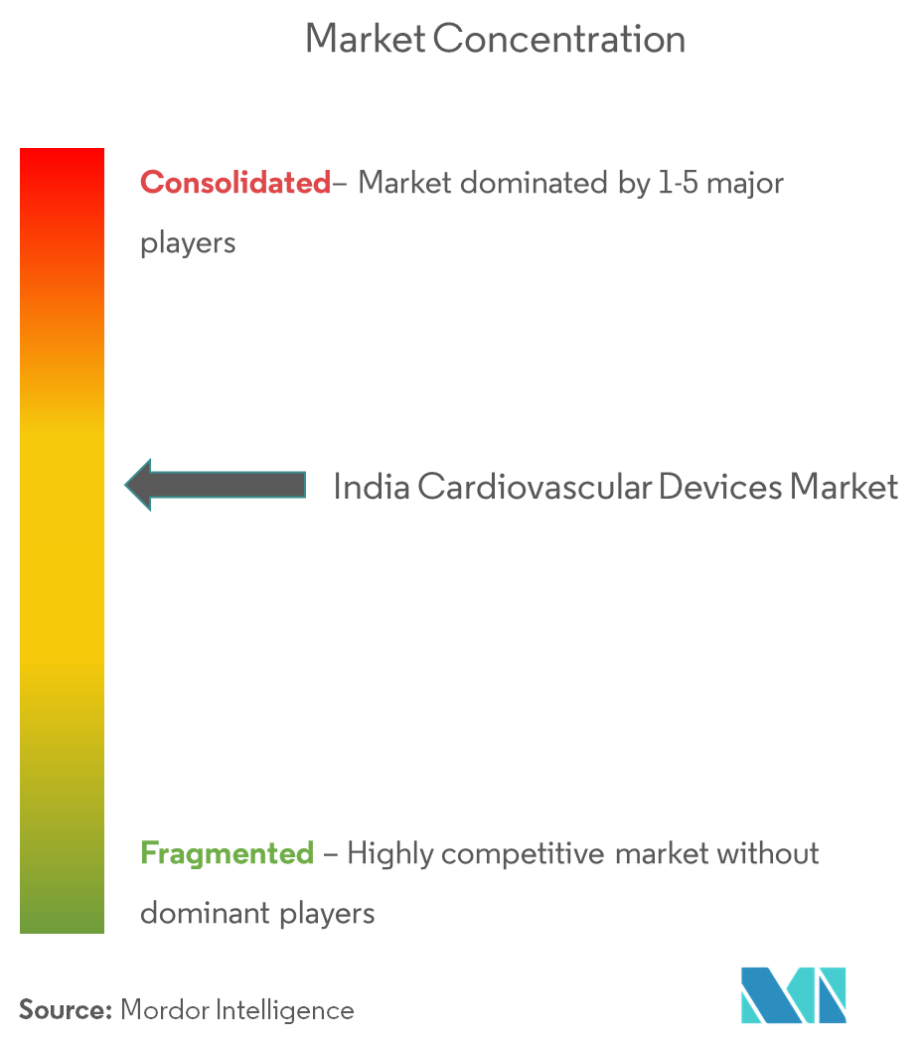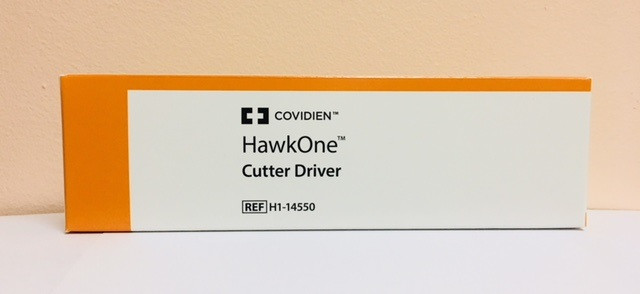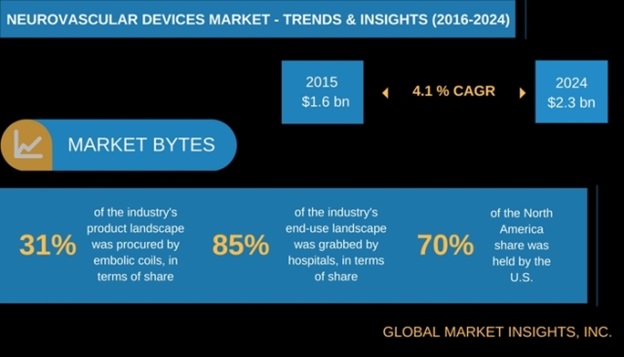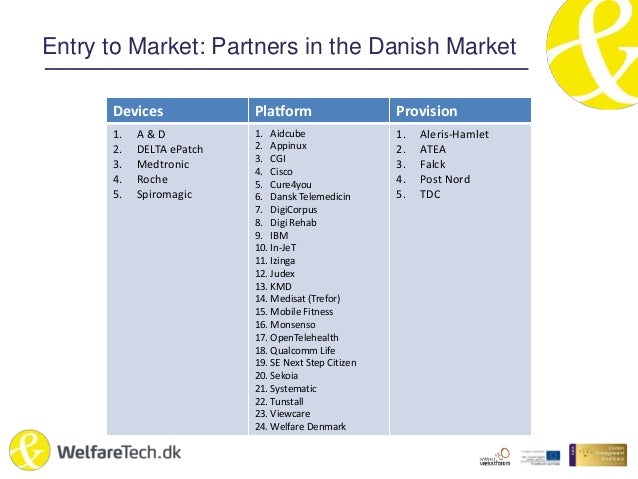Dublin, Aug. 31, 2020 (GLOBE NEWSWIRE) -- The 'Global Continuous Glucose Monitoring Device Market By Component, By End User, By Region, Industry Analysis and Forecast, 2020 - 2026' report has been added to ResearchAndMarkets.com's offering.
The Global Continuous Glucose Monitoring Device Market size is expected to reach $8.5 billion by 2026, rising at a market growth of 12.4% CAGR during the forecast period. Continuous Glucose Monitoring (CGM) is one of the newest advances in diabetes management technology. CGM system is a kind of glucose monitoring device that uses the transcutaneous or subcutaneous route to insert a biosensor. The embedded sensor measures the levels of glucose in interstitial fluid or blood and transmits the information to a receiver/monitor for display of results using a transmitter. Due to their related many benefits over other glucose control devices these systems play an important role in diabetes management.
Continuous glucose monitors (CGMs) are widely available and efficient as a tool for real-time biofeedback and behavioral improvement for individuals with type 2 diabetes (T2D), and also those with prediabetes. A convergence of many megatrends in healthcare will lead to the ever more frequent use of CGM in people with T2D and even prediabetes. This will also further boost the precision, size, and cost of CGM; include the option to transfer data to the cloud. The integration will ensure the availability of digital coaching methods and computational applications, and eventually, artificial intelligence and a change to value-based treatment will follow.
CGM devices provide beneficial insights into the effects of meals, exercises, and diseases that affect the glucose level of an individual and reduce the risk of hyperglycemia and hypoglycemia. The global spread of diabetes epidemic coupled with aging demographics & ongoing technological advances in this area has boosted demand for CGM devices and therefore catalyzed the growth of the market for CGM devices.
Based on Component, the market is segmented into Sensors, Transmitters, and Receivers. Based on End User, the market is segmented into Hospitals, Homecare Settings and Other End Users. Based on Regions, the market is segmented into North America, Europe, Asia Pacific, and Latin America, Middle East & Africa.
The market research report covers the analysis of key stake holders of the market. Key companies profiled in the report include Abbott Laboratories, Medtronic PLC, F. Hoffmann-La Roche Ltd., Novo Nordisk A/S, DexCom, Inc., Ypsomed AG, Senseonics Holdings, Inc., GlySens, Incorporated, A. Menarini Diagnostics Ltd. (The Menarini Group), Echo Therapeutics, Inc., Johnson and Johnson.
Recent strategies deployed in Continuous Glucose Monitoring Devices Market
Partnerships, Collaborations, and Agreements:
Mar-2020: DexCom collaborated with Welldoc, a leading digital health company. The collaboration is expected to enable Welldoc's BlueStar, a digital health product for individuals living with type 1 and type 2 diabetes to provide insights to Dexcom G6 CGM system users.
Feb-2020: Abbott came into partnership with Insulet, an innovative medical device company. Following this partnership, Abbott's world-leading continuous glucose monitoring (CGM) technology is expected to be integrated with Insulet's next-generation tubeless system, the Omnipod Horizon Automated Insulin Delivery (AID) System (Omnipod Horizon System). The integration is expected to provide personalized automated insulin delivery and care for people living with diabetes.
Feb-2020: DexCom signed a commercialization agreement with Insulet Corporation, a medical device company. Under this agreement, the companies aimed to combine current and future Dexcom continuous glucose monitoring systems (CGM) with Insulet's trusted tubeless insulin delivery Pod into the Omnipod Horizon System for automated insulin delivery.
Feb-2020: Senseonics Holdings signed an agreement with Companion Medical. The former company is expected to integrate its Eversense CGM System real-time glucose data with the latter company's InPen smart system for insulin delivery.
Jan-2020: DexCom announced partnership with Livongo, a leading Applied Health Signals company. The partnership is expected to offer Livongo Members the ability to synch data from their Dexcom G6 Continuous Glucose Monitoring System with the Livongo platform, providing access to key insights and Health Nudges from Livongo's Applied Health Signals platform based on their CGM data.
Dec-2019: DexCom signed a global commercialization agreement with Eli Lilly and Company. Under this agreement, the former company products is expected to be integrated into the latter company's personalized diabetes management system. Lilly is expected to use Dexcom's continuous glucose monitoring (CGM) devices in both the pen- and pump-based platforms of the system being designed to help improve diabetes management.
Oct-2019: Abbott partnered with Omada Health, a longtime leader in digital health coaching for diabetes prevention and type 2 diabetes (T2D) care. Under this partnership, the companies aimed to combine health coaching with glucose monitoring for providing patients with type 2 diabetes (T2D) a single source to learn how to change their diet and exercise patterns and then track the results.
Sep-2019: Abbott signed partnership agreement with Sanofi, a global biopharmaceutical company. The partnership was focused on developing new tools that is expected to combine technology from Abbott's FreeStyle Libre continuous glucose monitor with insulin dosing information for future Sanofi smartpens, insulin titration apps, and cloud software.
Sep-2019: Novo Nordisk announced collaboration with Medtronic. Under this collaboration, the companies aimed to develop solutions for integrating insulin dosing data from future Novo Nordisk smart insulin pens into Continuous Glucose Monitoring (CGM) devices from Medtronic, such as the Guardian Connect system.
Mar-2019: Senseonics Holdings teamed up with Glooko, a provider of software-as-a-service application and mobile app for diabetes patients. Under this collaboration, Senseonics' Eversense CGM data has been integrated into the Glooko diabetes data management platform. This integration enables Eversense CGM data to be synced into Glooko's platform directly from the Senseonics cloud.
Mar-2019: A. Menarini Diagnostics signed partnership with WaveForm Technologies, a wholly-owned subsidiary of AgaMatrix Holdings LLC, and developer of novel products for continuous glucose monitoring. The partnership was aimed to commercialize the WaveForm Technologies Continuous Glucose Monitor (CGM).
Feb-2019: Senseonics Holdings came into partnership with Geo-Med, LLC, a verified Service-Disabled Veteran-Owned Small Business (SDVOSB). The partnership was aimed to provide access to Eversense CGM to more than 9 million covered veterans and U.S. government personnel.
Feb-2019: Novo Nordisk came into partnership with Abbott. The companies is expected to combine insulin dose data from Novo Nordisk's pre-filled, connected pens with digital health tools compatible with Abbott's FreeStyle Libre system.
Jan-2019: India Medtronic Pvt. Ltd, a wholly-owned subsidiary of Medtronic PLC teamed up with Eris Lifesciences, one of the leading players in the chronic drugs segment. Following this collaboration, Eris aimed to provide Medtronic's Guardian Connect device to the clinics and healthcare delivery units under its patient care initiative. Guardian Connect is the Smart Continuous Glucose Monitoring System connected with smartphone displays for a real-time data viewing of glucose levels, without a separate hardware monitor.
Acquisition and Mergers:
Dec-2019: Medtronic acquired Klue, a software company focused on behavior tracking that can provide real-time insights into when a person is consuming food. The Klue technology can be used to accelerate the company's market-leading analytics and insights in their smart CGM technology for helping people using multiple daily injections (MDI) stay ahead of high and low glucose events.
Aug-2018: Novo Nordisk took over Ziylo, an innovative technology platform that offers the potential to develop glucose responsive insulins, a ground-breaking treatment for diabetes patients worldwide. The acquisition provided Novo Nordisk full rights to Ziylo's glucose binding molecule platform for developing glucose responsive insulins (GRIs).
Jul-2017: Roche completed the acquisition of mySugr GmbH. mySugr is one of the leading mobile diabetes platforms in the market. Following the acquisition, mySugr became Roche's new patient-centered digital health services platform in diabetes care. The acquisition helped Roche to strengthen its leading position in the area of diabetes management.
Approvals:
Oct-2019: DexCom announced that the U.S. Food and Drug Administration (FDA) approved the Dexcom G6 Pro Continuous Glucose Monitoring (CGM) System. This system can be used for the patient ages two years and up. Dexcom G6 Pro is the single-use, professional CGM that collects real-time glucose data over 10 days and provides both a blinded and unblinded mode. In blinded mode, real-time glucose data is hidden from the patient and reviewed retrospectively with their healthcare professional at the end of the session. In unblinded mode, patients can see their glucose data throughout the 10-day sensor wear to gain insights and make treatment decisions in real-time.
Sep-2019: Medtronic announced that it has got CE Mark for the Envision Pro Continuous Glucose Monitoring (CGM) system. It is a fully disposable, zero calibration professional CGM system. The system enables healthcare professionals and their patients with either type 1 or types 2 diabetes to see accurate glucose levels and trends over time to develop more optimal diabetes therapy plans.
Jun-2019: Senseonics got FDA approval for its nonadjunctive indication for the Eversense continuous glucose monitoring system. This indication enabled the patients to use the implantable device as a replacement for finger sticks to make diabetes treatment decisions throughout the day.
Dec-2016: Animas Corporation, a part of the Johnson & Johnson Diabetes Care Companies (JJDCC), got U.S. Food and Drug Administration (FDA) approval, and Health Canada's authorization for the sale of the OneTouch Vibe Plus Insulin Pump and Continuous Glucose Monitoring (CGM) System for the treatment of patients age two and older living with diabetes.
Sep-2016: Medtronic received FDA approval for the Enlite Sensor for its iPro2 continuous glucose monitor (CGM). The disposable sensor can be worn 24 hours a day for up to six days.
Jul-2016: Medtronic announced CE Mark for its Guardian Connect mobile continuous glucose monitor (CGM) and app. The company is expected to start selling the system in selected countries in Europe, Asia, and Latin America.
Unique Offerings from the Publisher:
- Drivers Medtronic Devices Remote
- Drivers Medtronic Devices Reviews
- Drivers Medtronic Devices Device
- Drivers Medtronic Devices Replacement
ENT Devices Market Thriving Worldwide with Leading Players Medtronic, CONMED Corporation, UNITECH VISION Posted on December 28, 2020 by Exltech ENT Devices Market report provides in-depth statistics and analysis available on the market status of the ENT Devices Manufacturers and is a valuable method of obtaining guidance and direction for. Find MRI guidelines and resources for radiology and other clinicians for our cardiac monitors, implantable cardiac devices, and spinal cord stimulation systems. Global Unique Device ID: 9405. Version (Model) Number: 7480741T. Device Name: SHAFT 7480741T ADAPTER DRIVER QC SHAFT. Company Name: MEDTRONIC SOFAMOR DANEK, INC. Brand Name: CD HORIZON® Fenestrated Screw Set.
- Exhaustive coverage
- Highest number of market tables and figures
- Subscription based model available
- Guaranteed best price
- Assured post sales research support with 10% customization free
Key Topics Covered:
Chapter 1. Market Scope & Methodology
Chapter 2. Market Overview
2.1 Introduction
2.1.1 Overview
2.1.2 Market Composition and Scenario
2.2 Key Factors Impacting the Market
2.2.1 Market Drivers
2.2.2 Market Restraints
Chapter 3. Global Continuous Glucose Monitoring Device Market by Component
3.1 Global Sensors Market by Region
3.2 Global Transmitters Market by Region
3.3 Global Receivers Market by Region
Chapter 4. Global Continuous Glucose Monitoring Device Market by End-user
4.1 Global Hospitals Continuous Glucose Monitoring Device Market by Region
4.2 Global Homecare Settings Market by Region
4.3 Global Other End Users Market by Region
Chapter 5. Global Continuous Glucose Monitoring Device Market by Region
5.1 North America Continuous Glucose Monitoring Device Market
5.2 Europe Continuous Glucose Monitoring Device Market
Chapter 6. Europe Continuous Glucose Monitoring Device Market by Country
Chapter 7. Company Profiles
7.1 Abbott Laboratories
7.1.1 Company Overview
7.1.2 Financial Analysis
7.1.3 Segmental and Regional Analysis
7.1.4 Research & Development Expense
7.1.5 Recent strategies and developments:
7.1.5.1 Partnerships, Collaborations, and Agreements:
7.1.5.2 Product Launches and Product Expansions:
7.2 Medtronic PLC
7.3 F. Hoffmann-La Roche Ltd.
7.4 Novo Nordisk A/S
7.5 DexCom, Inc.
7.6 Ypsomed AG
7.7 Senseonics Holdings, Inc.
7.8 GlySens, Incorporated
7.9 A. Menarini Diagnostics Ltd. (The Menarini Group)
7.10 Echo Therapeutics, Inc.
For more information about this report visit https://www.researchandmarkets.com/r/bga40t
Research and Markets also offers Custom Research services providing focused, comprehensive and tailored research.
DUBLIN--(BUSINESS WIRE)--The 'Neuromodulation: Spinal Cord Stimulation Devices Market' report has been added to ResearchAndMarkets.com's offering.
Despite the severe impact of the COVID-19 pandemic on elective surgeries, global sales of neuromodulation systems for the treatment of chronic, intractable pain - which include innovative implantable spinal cord stimulation (SCS) devices and associated products - is expected to increase at a healthy CAGR of approximately 8.6%, from nearly $3bn in 2019 to an estimated $4.5bn in 2024.
A healthy rebound is expected to occur in SCS beginning in 2021 based on an expected successful vaccine and/or treatments, and a resurgence of procedures deferred in 2020 due to pent-up demand from an aging population suffering from chronic, debilitating pain in need of safer and more effective therapy alternatives to potentially dangerous and addictive opioids. There is strong demand for SCS from a growing number of intractable pain patients who have failed back/spine surgery, are not eligible for/cannot afford spine surgery, and have failed conventional treatment options.
SCS is the largest neuromodulation device market, and SCS technology is supported by a long clinical history, demonstrating a substantial reduction in excruciating pain (50% or higher reduction) in most patients. Next-generation systems aim to improve pain relief even further by offering more precise targeting, superior pain coverage, multiple and customized waveforms, proprietary algorithms/software and apps, and other innovations.

Key competitors in the SCS market include: Medtronic, Boston Scientific, Abbott, and Nevro. While major medical device companies dominate this highly competitive market, a handful of startups have attempted to enter the space, and successful companies (eg Saluda Medical) are partnering with key players to advance proprietary advanced technologies.
This comprehensive medical market and technology report provides:
- Overview of chronic pain
- SCS technologies, key product, and features
- Emerging technologies/pipelines and innovations
- In-depth market and competitive analyses, including market drivers/limiters, 5-year market forecasts by segment and region, and global/regional market share
- Overview of companies, financials, and strategic growth plans
Markets covered by this analysis include the US, Japan, the five major European markets (France, Germany, Italy, Spain, and the UK), and the Rest of World (RoW) markets, which includes all other countries. Market forecasts are for the 2019-24 time period.
Key Topics Covered:
1. Clinical Overview
1.1 Chronic pain
1.2 Spinal cord, nerves, and the transmission of pain
1.3 The central nervous system versus peripheral nervous system
1.4 Pain statistics
1.5 Cost of pain
1.6 Pain treatment
1.7 Opioid abuse and deaths
1.8 Procedural therapies for treating pain
1.9 Spinal cord stimulation
1.10 Bibliography
2. Neuromodulation Technologies for the Treatment of Pain
2.1 Spinal cord stimulation systems
2.1.1 Abbott
2.1.2 Boston Scientific
2.1.3 Medtronic
2.1.4 Nevro

2.1.5 Saluda Medical
2.1.6 Stimwave
2.2 Other minimally invasive pain stimulation systems
2.2.1 Bioness
2.2.2 Mainstay Medical

2.2.3 SPR Therapeutics
2.3 Bibliography

3. Market Analysis

3.1 Spinal cord stimulation devices market
3.1.1 Market forecast: global
3.1.2 Market forecast: by region
3.1.3 Market drivers and limiters
3.1.4 Market share: global
3.1.5 Market share: by region
Drivers Medtronic Devices Remote
3.2 Corporate profiles
Drivers Medtronic Devices Reviews
3.2.1 Abbott
3.2.2 Boston Scientific
3.2.3 Medtronic
Drivers Medtronic Devices Device
3.2.4 Nevro
3.3 Bibliography
Drivers Medtronic Devices Replacement
For more information about this report visit https://www.researchandmarkets.com/r/lt60ws
